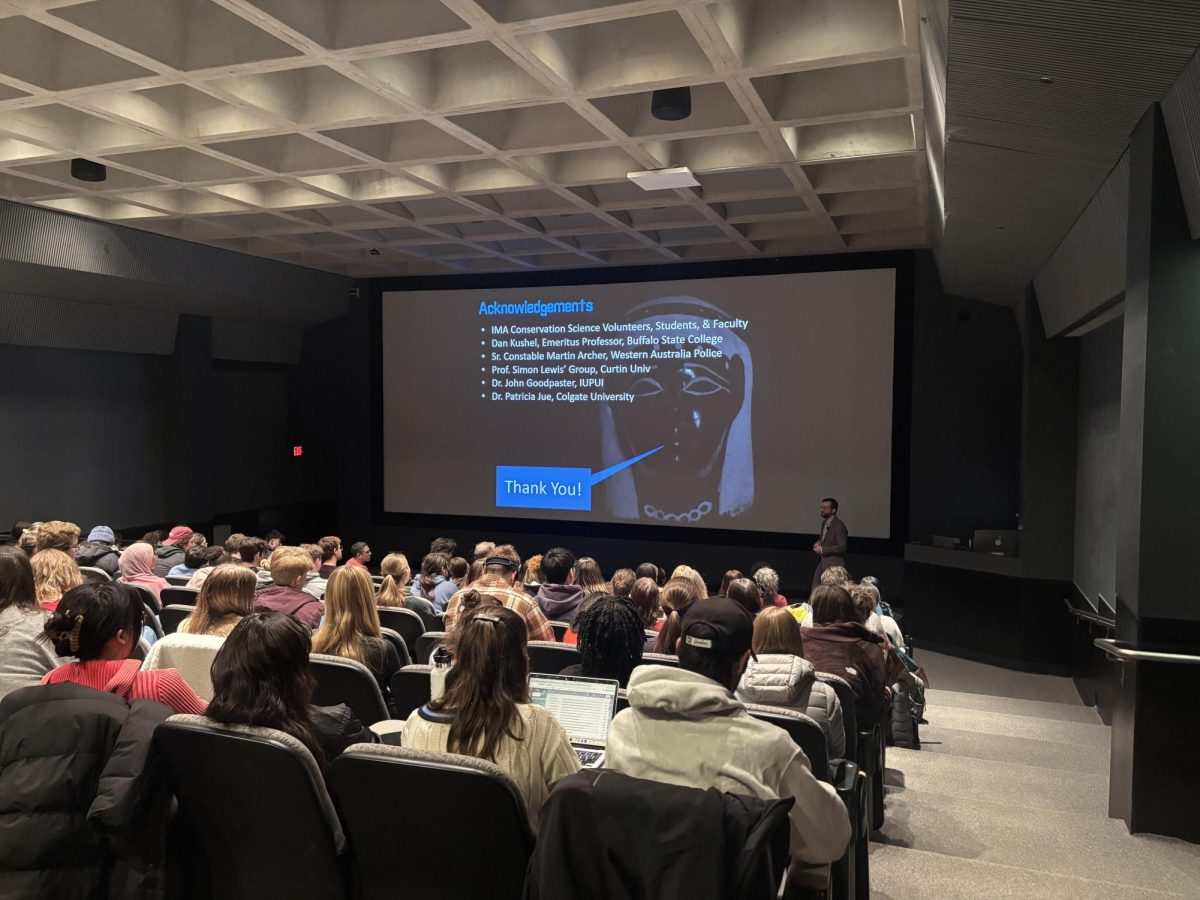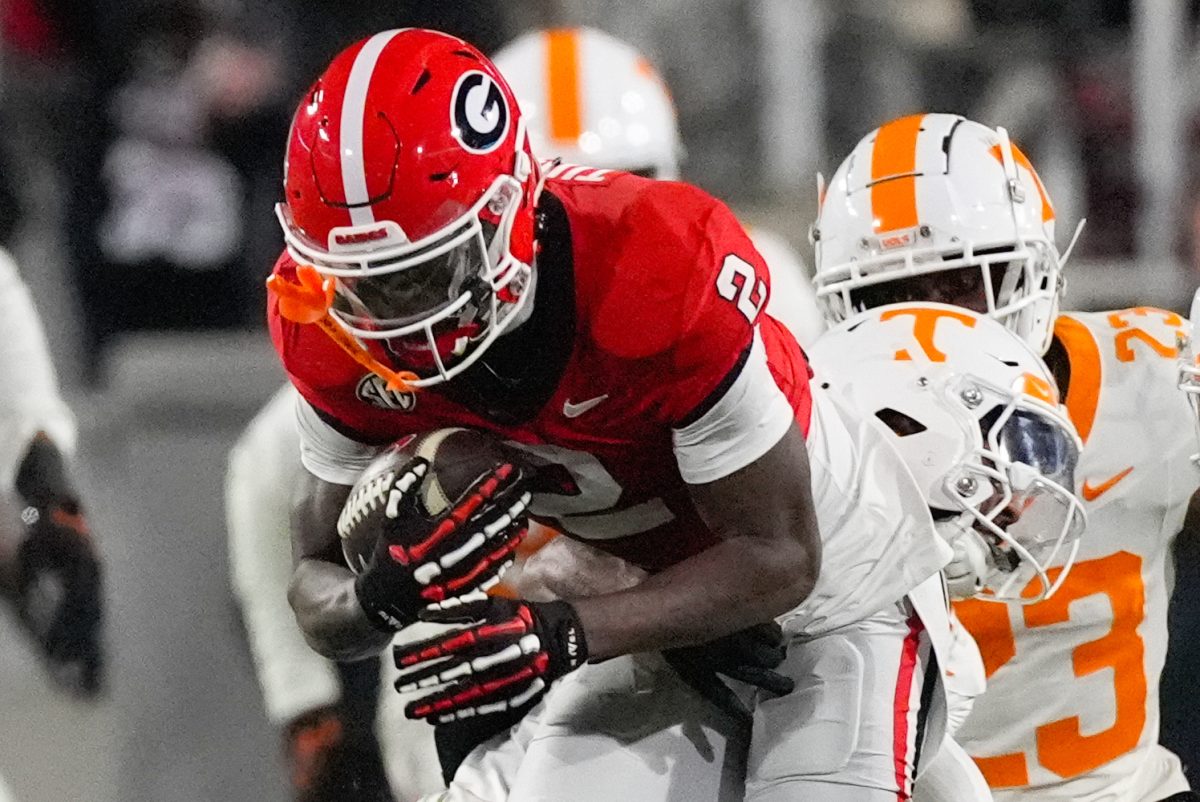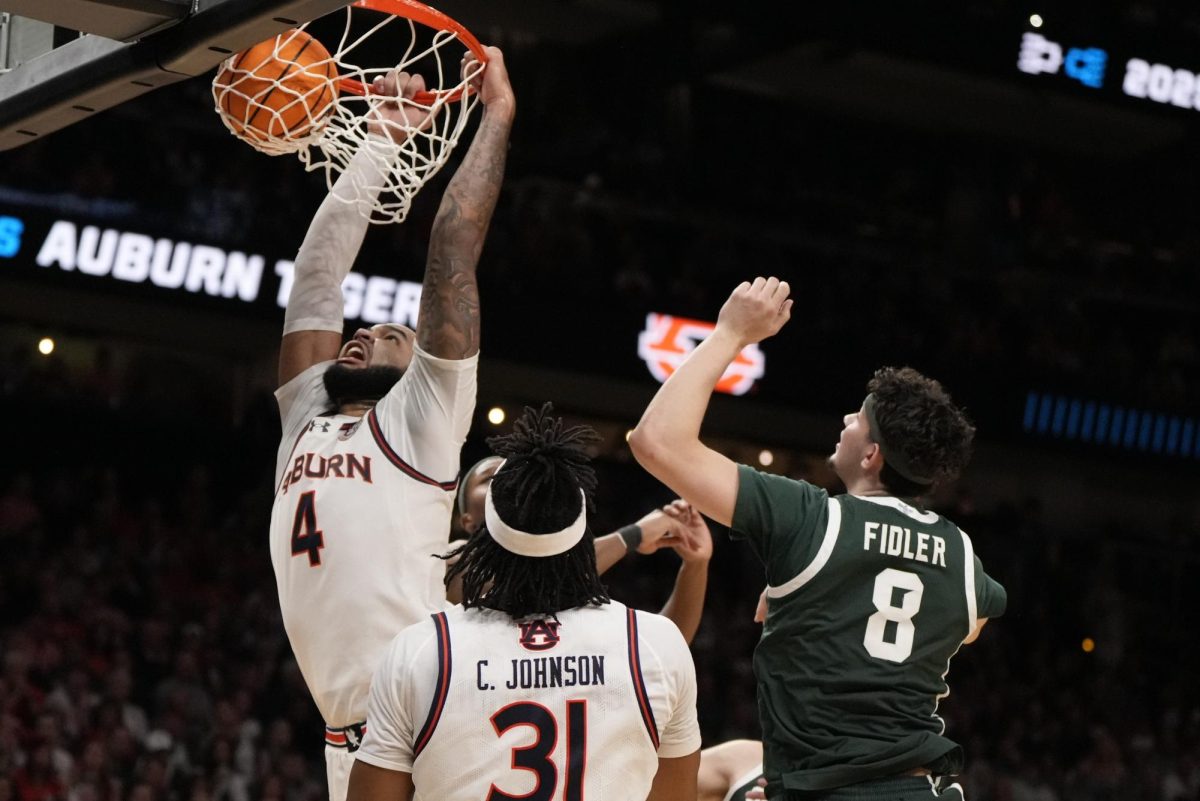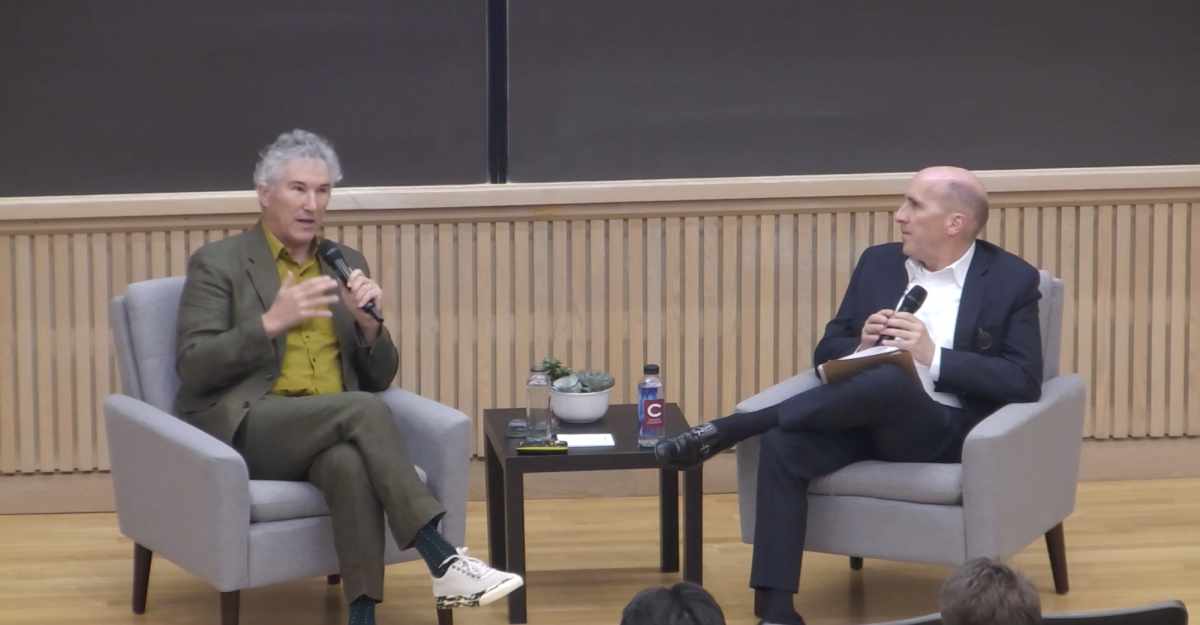After five years in the making, Playboi Carti returned to the mainstream with his third studio album — a 34-track flood of everything that arguably reaffirms his place at the razor’s edge of hip-hop. If you think “MUSIC” wasn’t worth the hype — which seems to be Reddit’s general consensus — I don’t understand what you were expecting.
Carti’s never put out a bad album, but “Die Lit” is his only album that is genuinely great quality. I’m confused why Carti fans hate it so much; it is as good as anything I’ve heard from him. Like with his sophomore release “Whole Lotta Red” (WLR), soon the hate will subside, and people will start singing his praises.
The album isn’t bad — although half-baked in some places and over-thought in others — it’s just not “Die Lit.” The instinctual criticism of “MUSIC” is that it’s bloated, exhaustive and lukewarm; the production is weak; the standouts get lost in a sea of 808s; and DJ Swamp Izzo’s supervillain laughs are excessive.
While I do agree about the unfortunate inundation of ad-libs (even by Carti’s standards), it’s important to acknowledge what he’s accomplished. He pulls off an effortless interpolation of punk and traditional trap, mixing the punk-rage sound he established on his debut album and the modern alternative sound that followed.
On some level, “MUSIC” is a culmination of Carti’s career, from his adolescent SoundCloud days to the rage-rap maximalism of “Whole Lotta Red.”
All that to say, audience expectations have been hyped up and teased for five years; nothing he put out would’ve been enough to elicit widespread praise.
Technically speaking, “MUSIC” is 77 minutes of nonstop trap beat variants and EDM flourishes — a feat in and of itself. If fans want a mimetic distillation of Carti’s previous album, they should look to the Carti clones (Yeat, Comethazine, Smokepurpp, etc.) or, perhaps, RapCaviar.
Let’s start with the good. Everything between “CRUSH” and “OLYMPIAN” is one of the best runs of Carti’s career. That’s 22 at least “good” songs in a row, 15 of which I’m going to constantly replay and a couple more that I’m going to listen to every once in a while. 30 tracks with mostly consistent quality between all of them is an impressive accomplishment.
Despite its over-indulgent intro, “EVIL J0RDAN,” stands out with its dark, atmospheric production and Carti’s signature ad-libs, creating a captivating, high-energy vibe. It is definitely one of the album’s sonic themes (evidenced by its spot as one of Carti’s most-listened-to songs on Spotify), alongside “MOJO JOJO,” which is where we hear Kendrick Lamar’s best feature.
Lamar being featured on three tracks on this album is absurd considering his “run to Atlanta when you need a check balance” diss against Drake in “Not Like Us,” but that is neither here nor there.
As far as features go (and there are a lot — 12 attributed appearances from Travis Scott, the Weeknd, Kendrick Lamar, Jhené Aiko, Skepta, Future, Lil Uzi Vert, Ty Dolla $ign and Young Thug, yet curiously none from the Opium Group), my favorite is Skepta’s verse on “TOXIC.” I’m a big fan of UK rap, so my take might be biased, but Skepta’s thunderous British voice perfectly balanced the sometimes overly wavy and internet-addled vibe of the album.
“I SEEEEEE YOU BABY BOI” is one of the best tracks Carti’s ever put out. And it’s better than anything on WLR. It’s a bold, boundary-pushing track that cements Carti as a torch-bearer of modern Atlanta rap.
“OLYMPIAN” is my top pick of the modern Opium tracks. Stylistically, this track is not for everyone; regardless, it symbolizes a pivotal moment for the futuristic swag-era Atlanta rap, which has long been considered a SoundCloud derivative.
Now, the bad! And there’s a lot of bad, which is as to be expected on a 1.2-hour hodgepodge of experimental rap. The last seven tracks are weaker, and the amount of filler on this album is absurd.
“TWIN TRIM” is, for some reason, a 90-second solo Lil Uzi song that was probably (definitely) recorded 10-odd years ago. This track just feels like a missed opportunity; it’s generally repetitive and lacks meaningful progression.
Carti phlegmatically gasping for air as he hoarsely shouts on “POP OUT” is not something I want to ever experience again. Also, “WALK” is perhaps one of the worst songs I’ve ever heard.
The next biggest miss is “CRANK,” the 13th track. This is where the album’s lack of cohesion sets in. While the hectic and charged nature might be appealing to some, I highly disliked the chaotic, bass-heavy anthem. The lack of lyrical depth leaves the track feeling more like an empty soundscape than a compelling listen. While his signature experimental production style is present, it feels too disjointed and underdeveloped to resonate beyond surface-level enjoyment.
The criticism of “CRANK” brings me to Carti’s biggest shortcoming. The superficial lyricism is not an issue in and of itself — even when he slips into a phlegmatic, monomaniacal focus on drugs, sex and cars, he still exudes a totally unique starboy energy — but his storytelling touches on a deeper pathos that he hasn’t proved himself capable of exploring.
If you’re reading this as one of the many disgruntled Carti fans who claim to “hate” this drop, listen to it again (all the way through) and remember that it’s not supposed to be a nostalgic, mainstream-ified event. Love it or hate it, the one takeaway from this album is that Carti is fixated on the music above all; he doesn’t care what we think.















